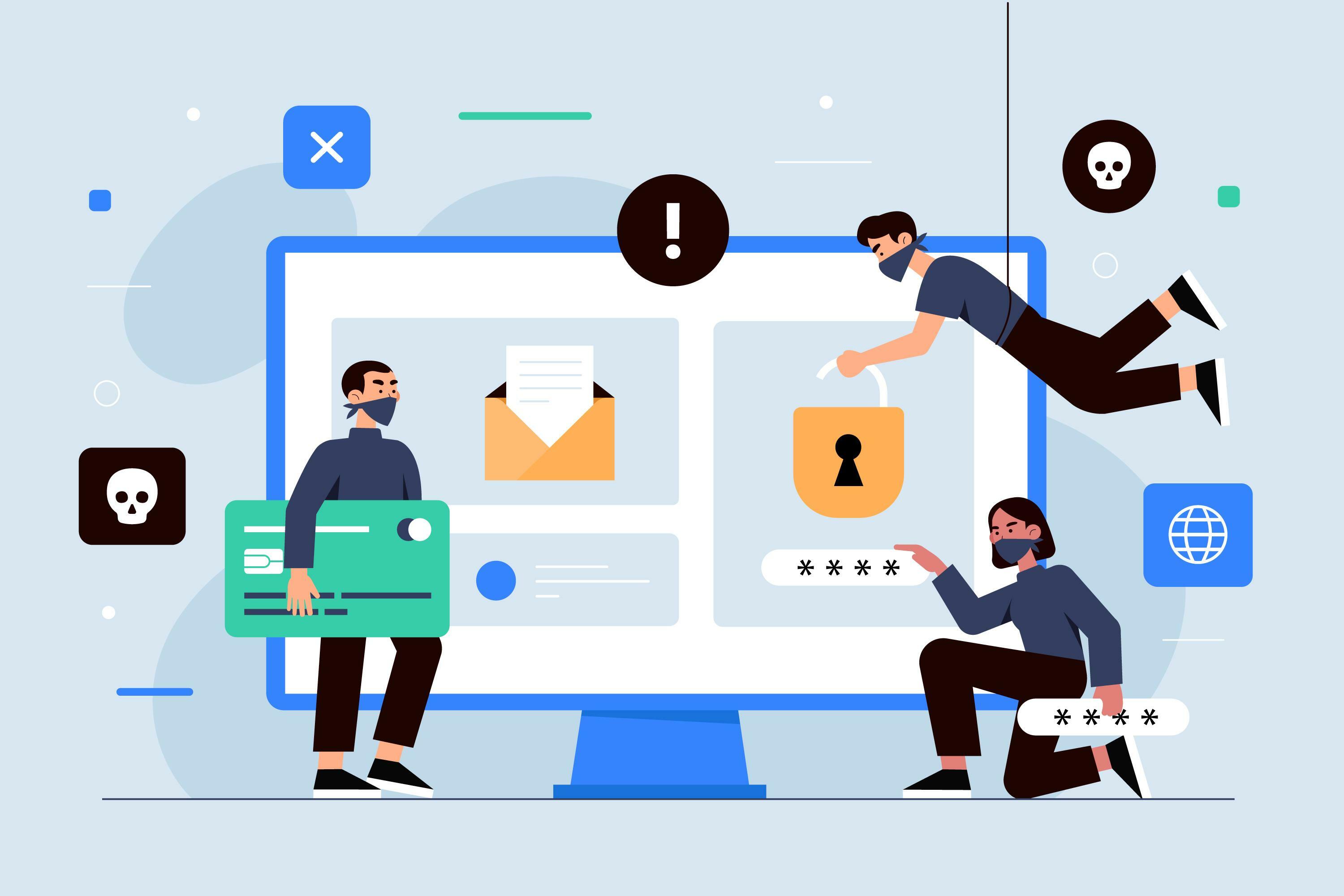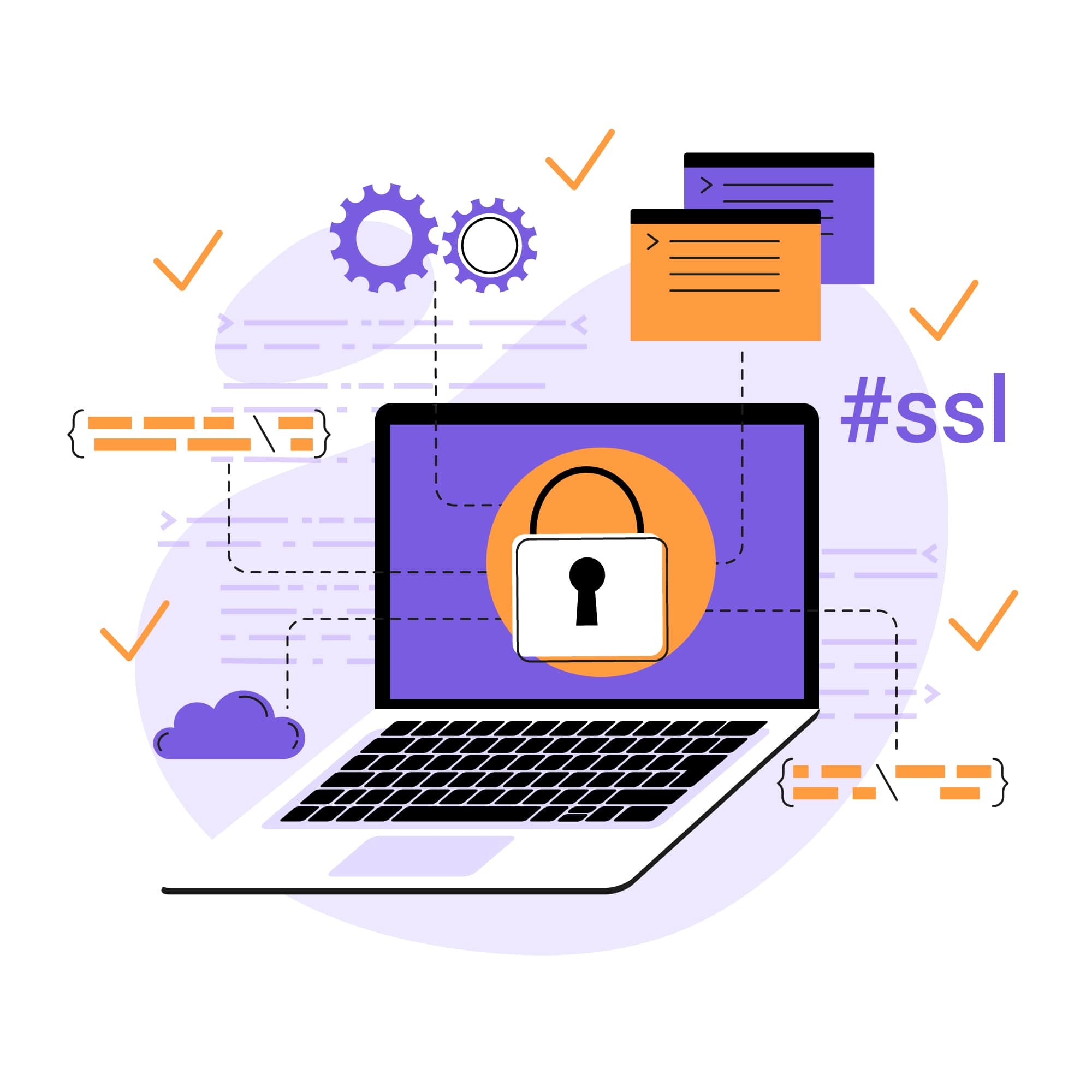
How to Stop Phishing Attacks in Their Tracks
In the world of cybersecurity, the looming menace of advanced persistent threats and state-sponsored attack groups tend to dominate the headlines. However, research indicates that phishing attacks are the most common threat — by far.
Microsoft’s “Security Intelligence Report, Volume 24” shows a 250% increase in the number of phishing emails and attacks since 2018. If you think the primary victims of email-related breaches are large corporations with vast amounts of data, think again. Small and mid-size businesses are now the preferred target of cybercriminals, and these organizations have a lot to lose. In fact, 60% of them fail within six months of a cyberattack.
To avoid becoming a victim, it’s critical to prevent phishing attacks.
The Best Ways to Prevent Phishing Attacks
Phishing attacks aren’t just spam messages. The primary intention of a phishing email is to carry out a ransomware attack or compromise your network, leaving businesses susceptible to further damage and costs. Email isn’t going away anytime soon, which means neither are phishing attacks. The good news is that you can educate your staff on how to prevent these types of attacks.
The following steps outline some of the best ways to protect your business and avoid the consequences of phishing attacks.
1. Pick a Strong Password Manager
Employees inevitably rely on a few identical or similar passwords for multiple accounts. However, because stolen passwords are often sold on the dark web, the practice of recycling passwords makes future breaches much more likely. Have your employees and teams utilize a strong password manager to keep their passwords secure. Instead of trying to juggle dozens or even hundreds of passwords, they’ll just need to keep track of one master password.
2. Make Use of Multifactor Authentication
Multifactor authentication is a defense measure that prevents attackers from gaining unauthorized access to your systems using a stolen password. But even with the proper password, MFA requires users to enter a second form of identity verification — whether it’s a code sent to a user’s phone via text message or an email containing a link to verify the login attempt.
MFA offers additional layers of security, from text messages to key fobs with codes that change regularly. It’s an important security measure that can protect your employees and business from attackers trying to breach your network. Because they add one or more additional steps to the login process, educate your employees about the benefits to gain their buy-in.
3. Stop Spam Emails From Reaching Inboxes
Phishing is a numbers game, and attackers utilize a “spray and pray” method by sending out millions of emails in an effort to get a bite. In fact, research shows that one out of every 100 emails sent contains an attack. Considering that most workers get 121 new messages a day, there’s a good chance some of those are malicious. To prevent phishing, rely on a quality spam filter. A spam filter will prevent most phishing attempts from ever reaching inboxes, giving employees fewer opportunities to accidently click a malicious link.
4. Educate Your Employees About Phishing
Phishing attacks are popular because they only require one errant click. Cybercriminals have long relied on a large quantity of spam to increase the odds of a successful attack, but their tactics are becoming increasingly sophisticated.
Spear phishing, for example, is the practice of targeting a specific user or business by using publicly available information to trick the victim. An attacker might send an email impersonating a company’s CEO to an accountant asking for financial information. By educating your employees about common phishing tactics and how to spot them, you can create what’s known as a human firewall.
Email phishing attacks are on the rise, and your SMB is in the crosshairs. Follow the above steps to create an effective defense against the most common cyberattack and protect your business and your customers from a catastrophic breach.
Monique Becenti is a product and channel marketing specialist at SiteLock, a cloud-based website security provider currently protecting more than 12 million websites globally. Monique is passionate about improving the customer experience for all. SiteLock’s combination of dedicated research and developmental efforts, aggressive product road maps, and access to a massive global data set make the company a leading innovator in web security.





